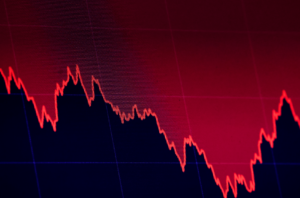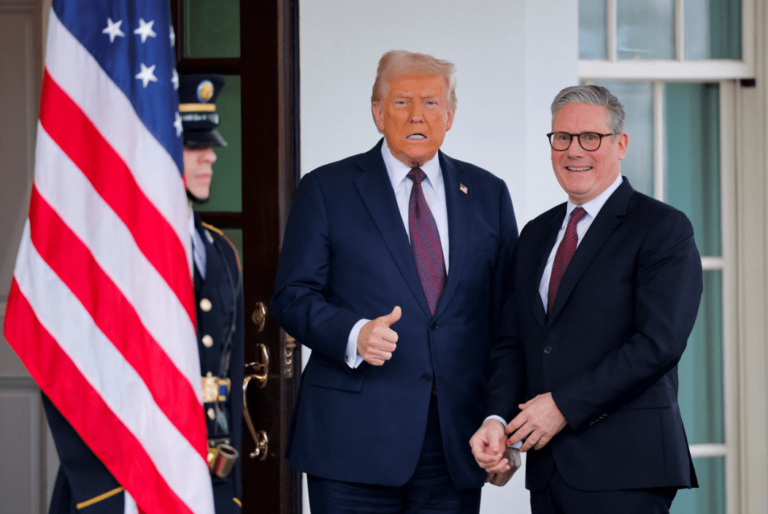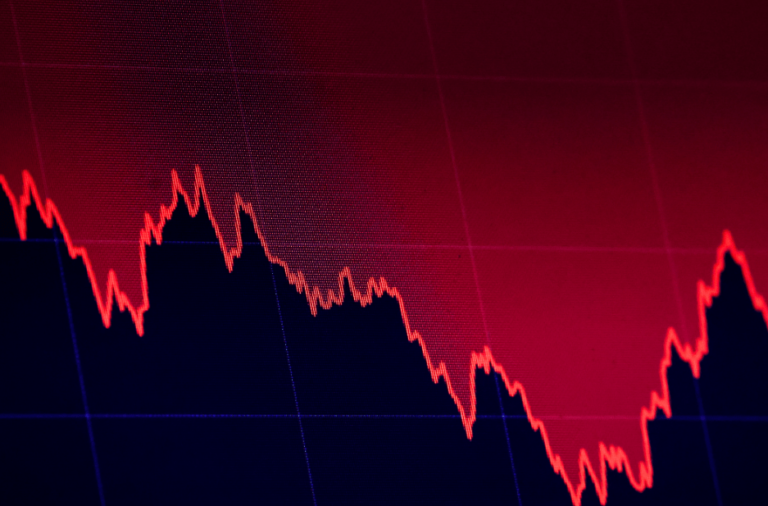The Biden administration is set to impose its first new environment rule, which is aimed at cutting the utilization of ozone-depleting substances that are warming the planet. The administration through the Environmental Protection Agency hopes to reduce the use of a chemical known as hydrofluorocarbons.
Hydrofluorocarbons, or HFCs, warms the planet hundreds if not thousands of times more than carbon dioxide. HFCs are short-lived and are often used in refrigeration and air conditioning.
The EPA’s new regulation, which set out as a program to reduce the use and production of HFCs by 85% in the United States over the next 15 years, will enforce legislation passed by Congress in May last year. There is a wide range of bipartisan support to combat these ultra-pollutants.
White House officials said the new rules would address global warming while helping create jobs to manufacture HFC alternatives.
“It’s a win on climate and a win on jobs and American competitiveness. It’s really, frankly, folks, a very big deal,” White House national climate coordinator, Gina McCarthy, said.
The EPA has set limits on HFCs until 2023, granting companies permission to manufacture or import them over the next two years. Authorities will further reduce its use until 2036 with additional regulations.
The U.S. Manufacturing Innovation Act, a law in support of the new regulation, was drafted by both Democrats and Republicans interested in fighting greenhouse gases and chemical manufacturers seeking to sell alternative refrigerants. EPA Chief Michael Regan praised the bipartisan law as one of the most important environmental laws in recent history.
The Environmental Investigation Agency praised the new regulations, stating the HFCs remain to be one of the most potent pollutants known to man. The environmental advocacy group described the EPA’s new regulation as a “historic” one.
HFC was once an environmental solution, not a problem, as they replaced other harmful chemicals that erode the Earth’s protective ozone layer. However, when released into the atmosphere, its heat-trapping properties continue to exacerbate global warming. Five years ago, world leaders signed the Kigali Amendment, an update to the 1987 Montreal Protocol, to control HFC use.












